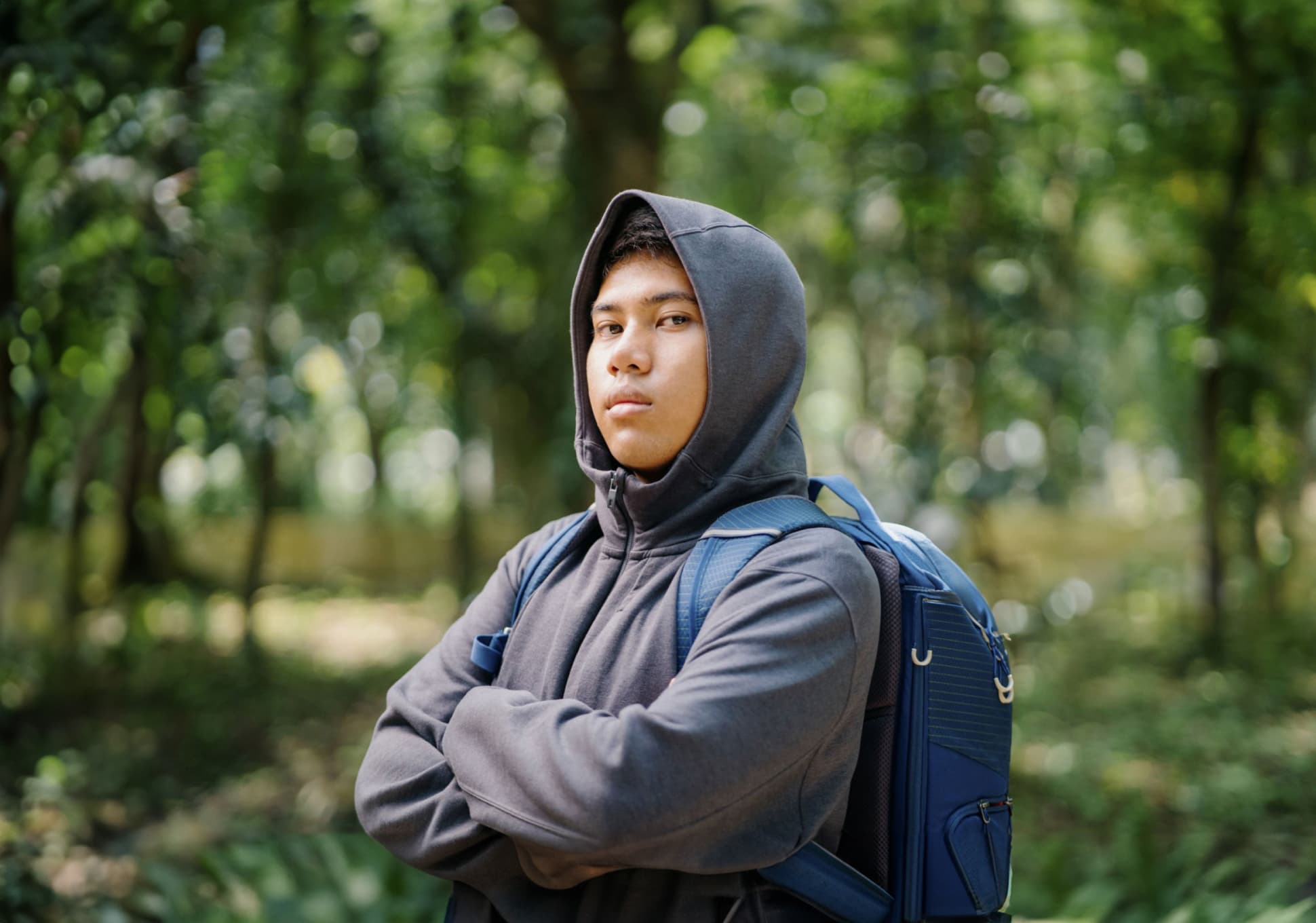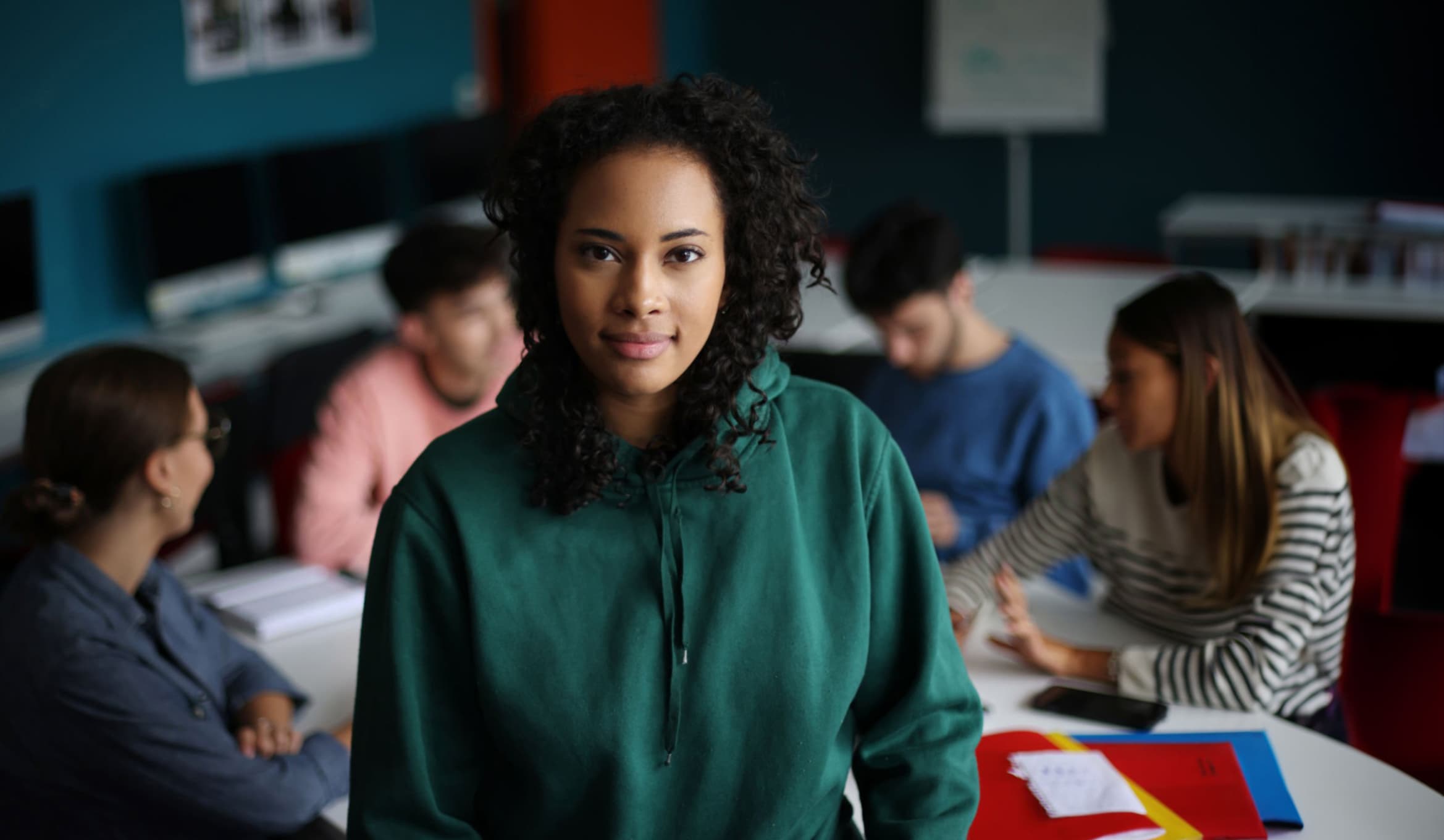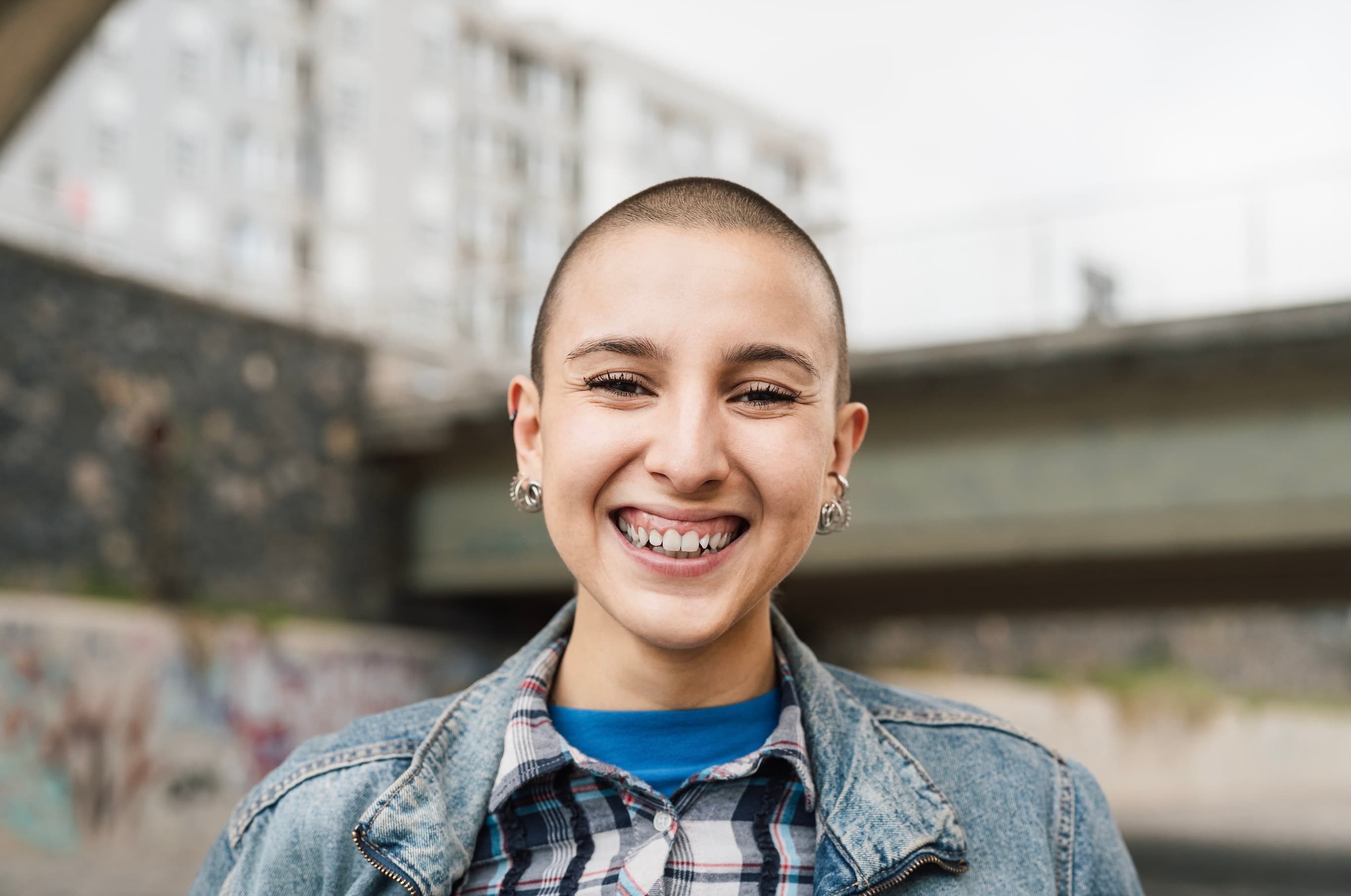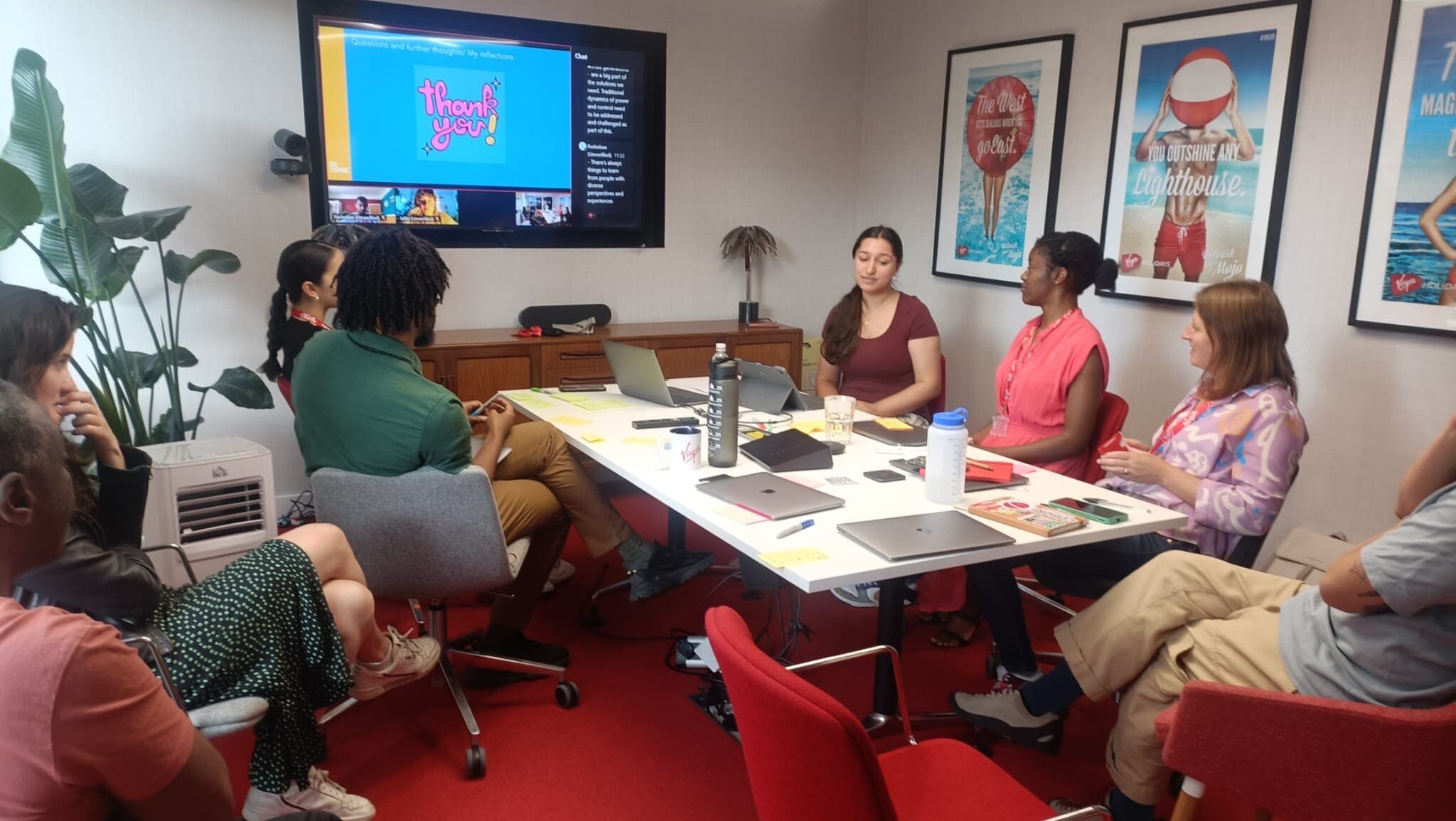
Together we spark lasting change
We are unashamedly hopeful for a future in which all young people are set up to thrive in life.
We are unashamedly hopeful for a future in which all young people are set up to thrive in life.
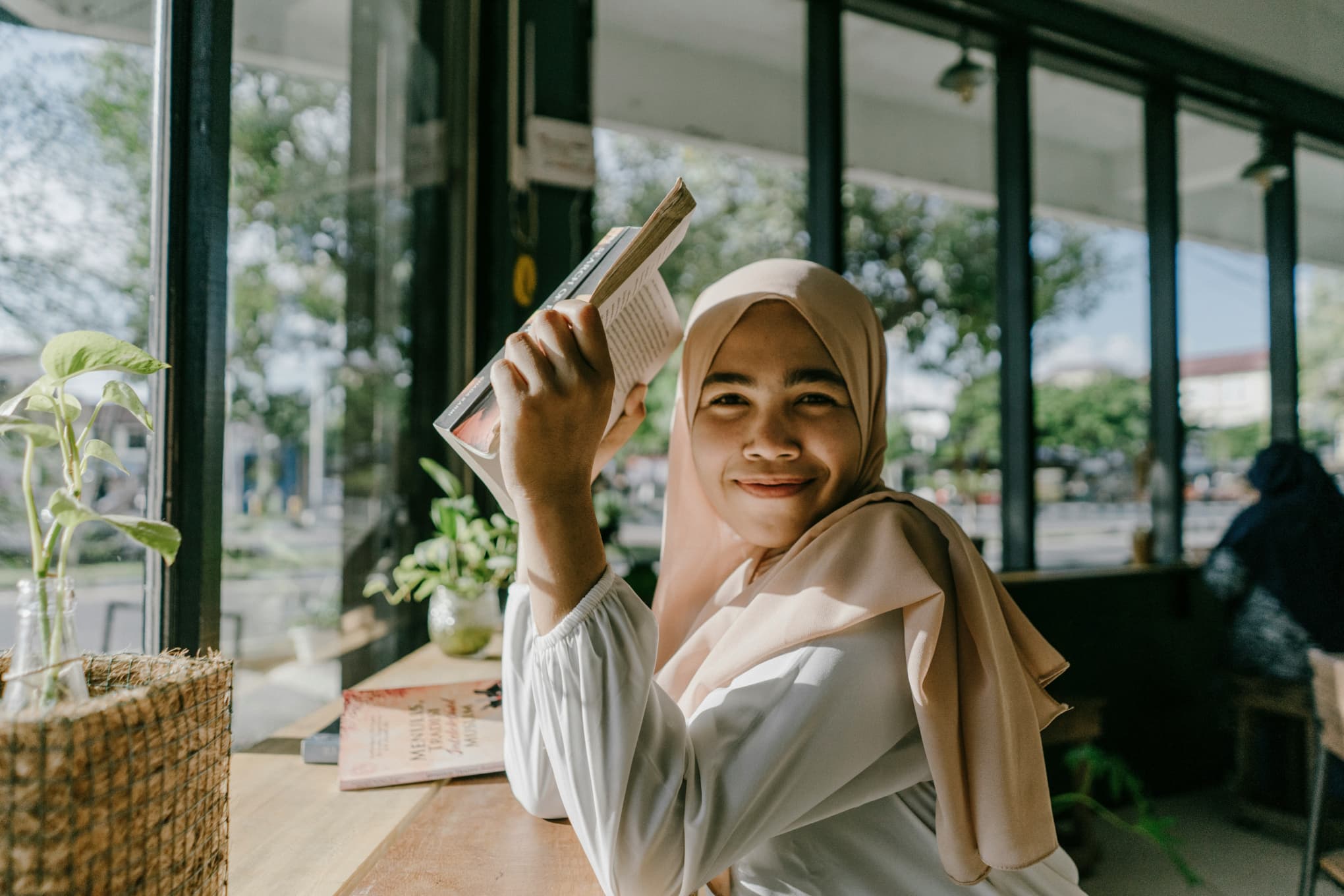
What we do
We find, support, and connect an intergenerational community of changemakers rethinking and reshaping the systems around young people. We nurture them as people, and as a collective, showing a new way is possible. Together we spark lasting change.
We nurture a diverse, purpose-driven community.
Meet the ChangemakersCountries have held Big Education Conversations to unite generations in discussing the purpose of education.

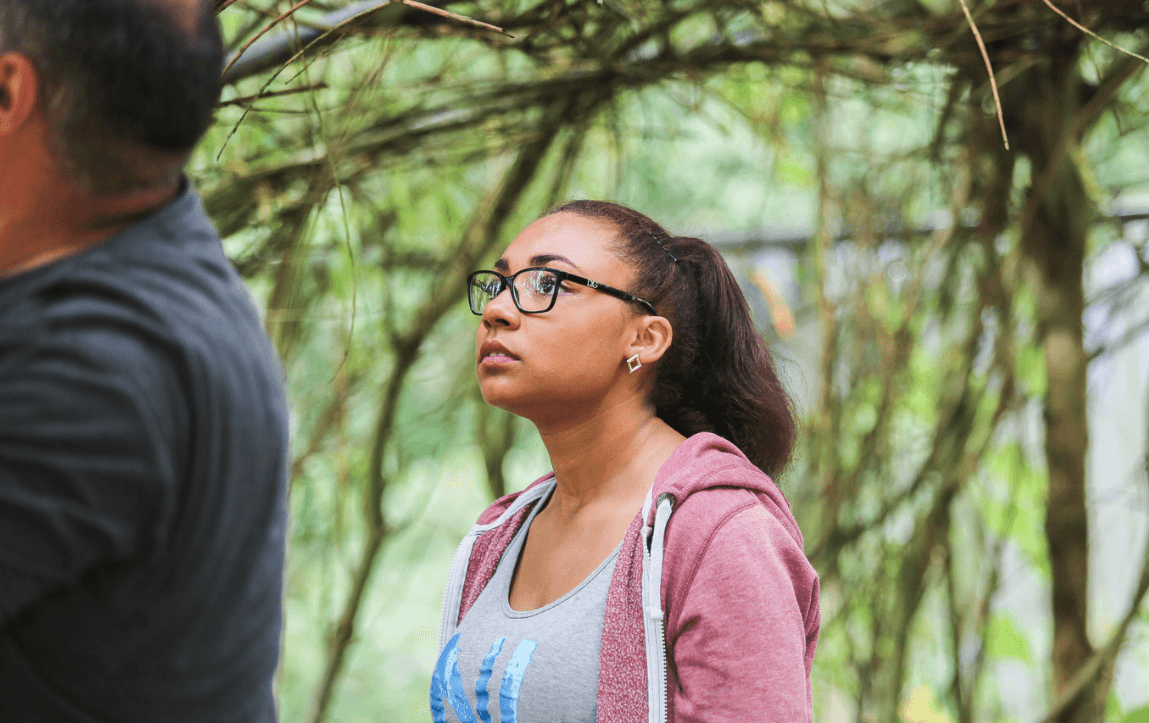
Lighthouse Pedagogy Trust
Big Change inspires me because it dares to believe in the extraordinary power of individuals to drive transformation.
Maryam Chowdhury, Founder and Director, Beyond the Bias
Global partner organisations making the case to transform systems for young people.
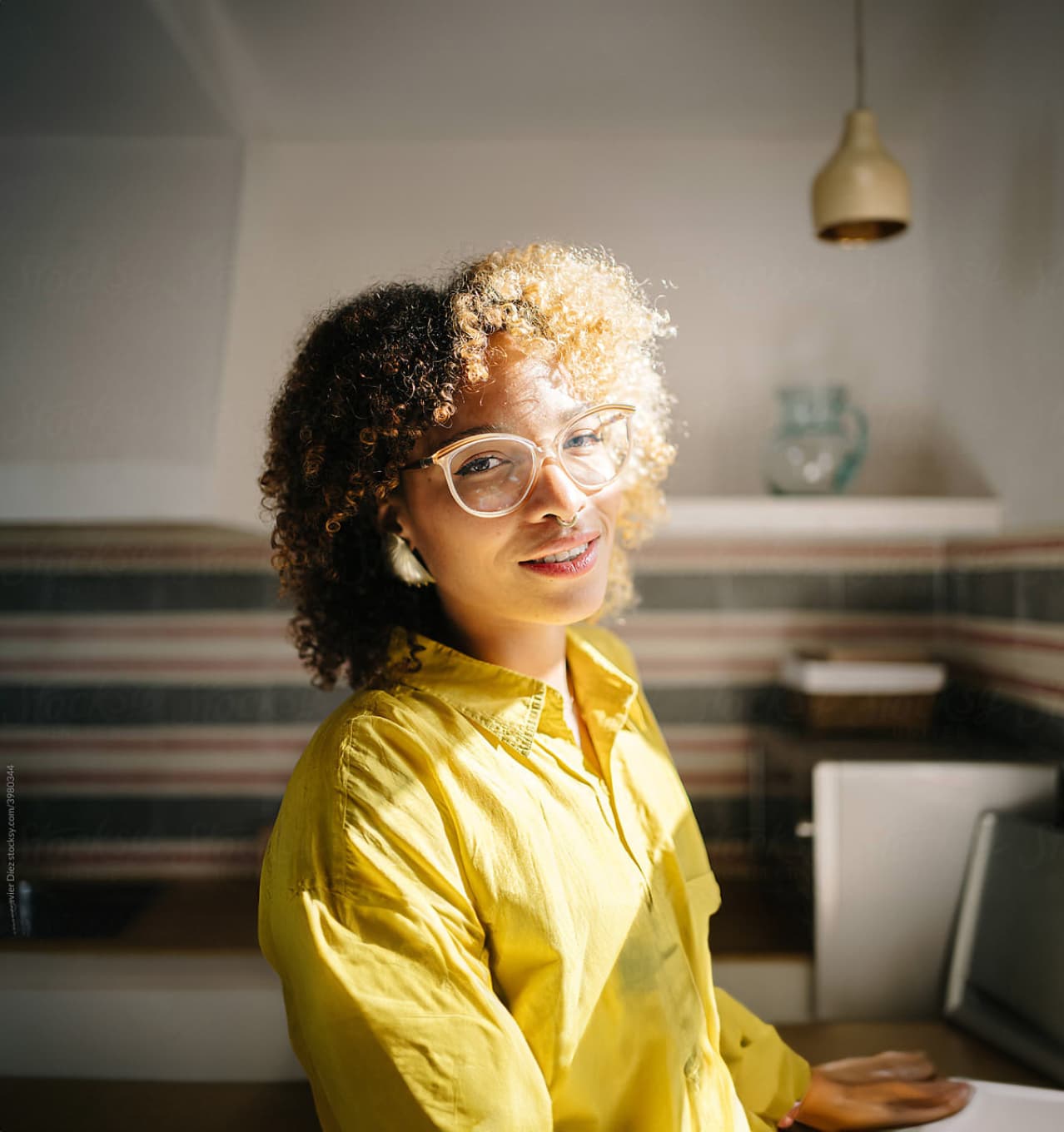
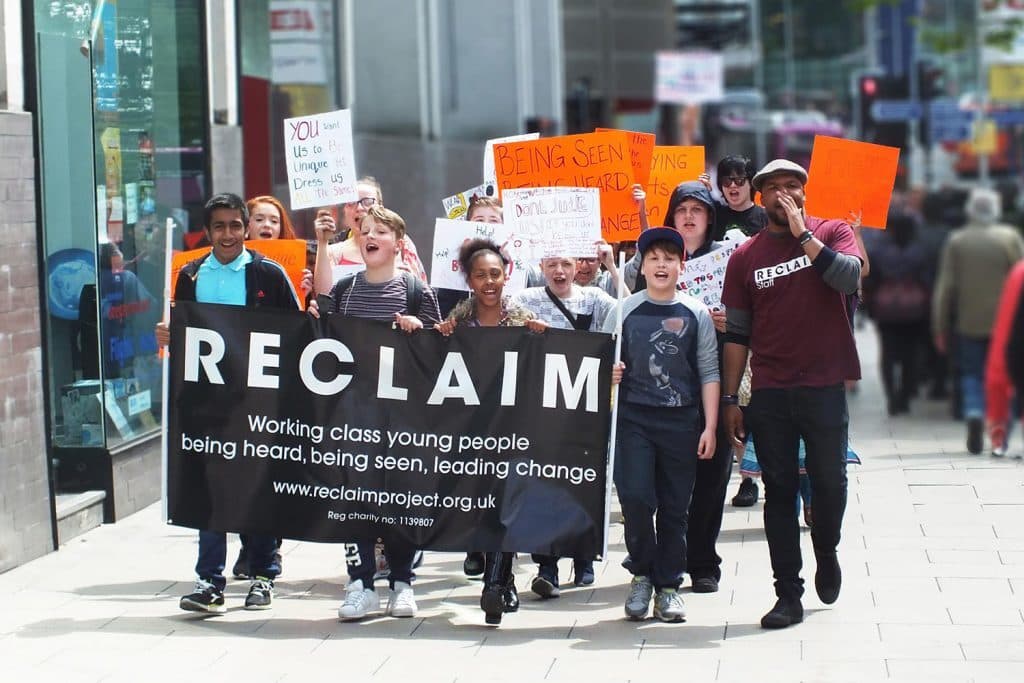
RECLAIM
You will never work with a more dedicated and passionate team. Big Change really does embody its values from the inside out.
Gavin Ramsey, Operations Executive
Partner organisations from 26 countries are actively contributing to Big Change’s global insight network and making the case for transforming education.
The Story of Big Change
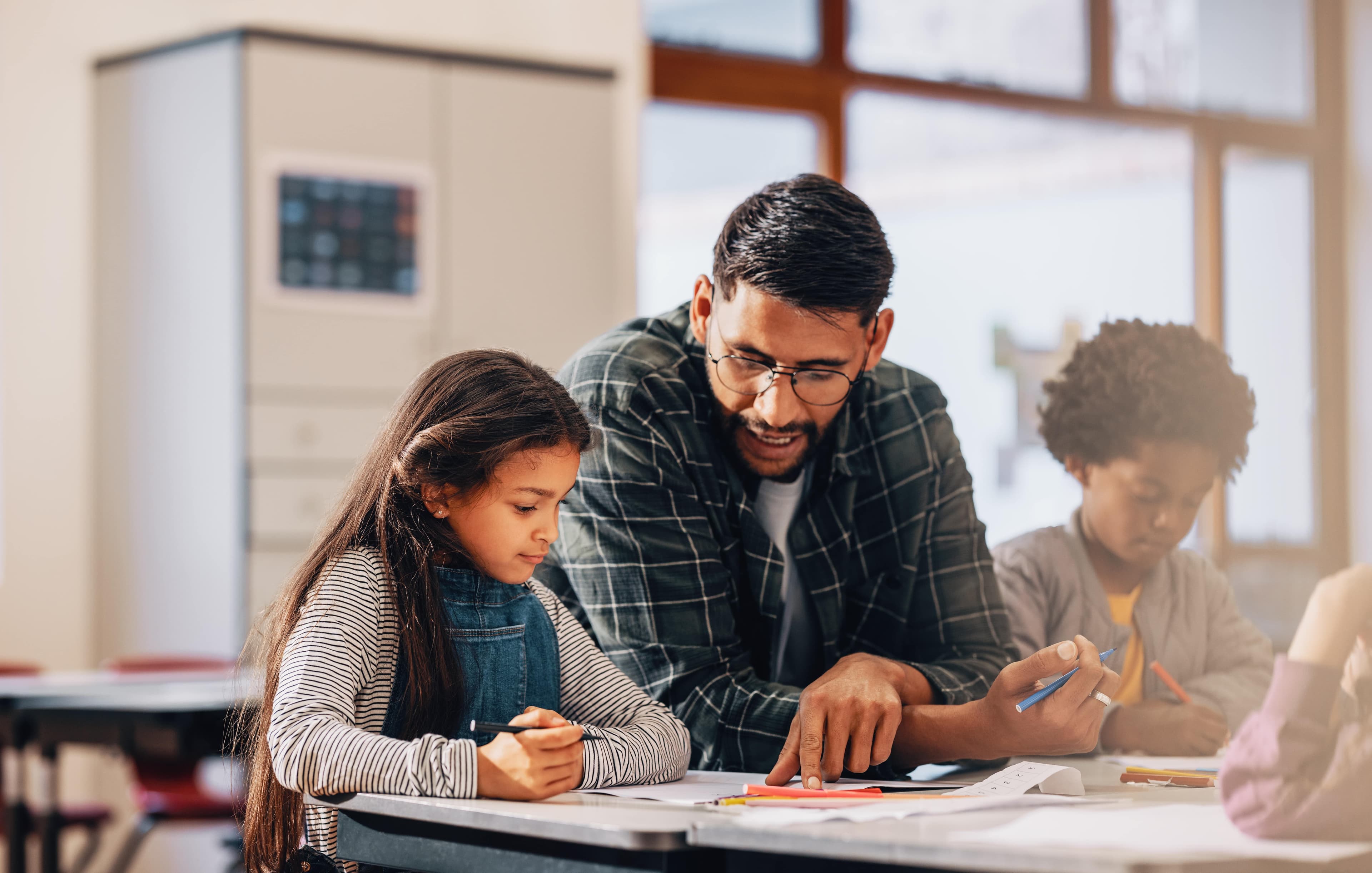
Why we do it
The old ways are not working. Young people are unprepared for their futures, too often lack purpose and direction, and they feel disconnected and powerless. The issues they face in society are deep-rooted and interconnected. Yet most funding and energy goes into treating the symptoms of systemic failures rather than reimagining the possibilities for a better future. People and organisations are drawn to closing gaps or making incremental improvements to existing models. To ensure every young person is set up to thrive, the systems around them need to change.
